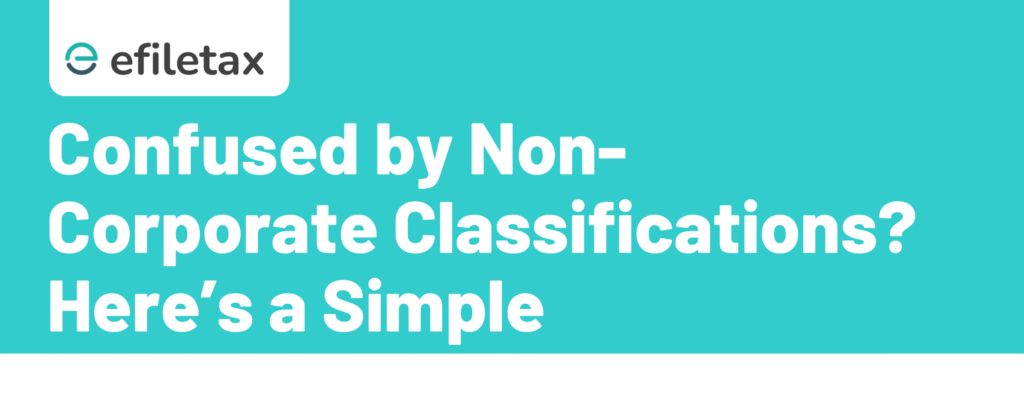
Introduction:
Classification of Non-Corporate Entities is crucial for deciding audit requirements, disclosure formats, and tax compliance levels. Whether you’re a CA, tax consultant, or small business owner, this classification impacts how books are maintained and whether tax audit under Section 44AB applies.
What Are Non-Corporate Entities?
Non-corporate entities are businesses or organisations not registered as companies under the Companies Act. These include:
- Individuals
- Hindu Undivided Families (HUFs)
- Sole Proprietorships
- Partnership Firms (excluding LLPs)
- Trusts, AOPs, BOIs, and Societies
ICAI’s Classification: Classes A, B & C
The Institute of Chartered Accountants of India (ICAI) classifies non-corporate entities into three categories for reporting and audit requirements.
| Class | Turnover / Income | Criteria |
|---|---|---|
| Class A | Turnover > ₹50 crore OR borrowing > ₹10 crore | Higher disclosure & audit standards |
| Class B | Turnover > ₹10 crore but ≤ ₹50 crore OR borrowing > ₹2 crore up to ₹10 crore | Moderate disclosures |
| Class C | Turnover ≤ ₹10 crore & borrowing ≤ ₹2 crore | Minimum reporting norms |
💡 Turnover as per the latest audited financials.
Why This Classification Matters
- Financial reporting formats vary—Class A requires detailed schedules and annexures.
- CARO does not apply, but ICAI’s guidance on audit of NCEs sets expectations.
Legal Backing
- ICAI Guidance Note on Audit of NCEs (Revised 2022)
- CBDT Circular No. 10/2017 (clarifies turnover thresholds)
- Section 44AB of the Income-tax Act, 1961 – mandates tax audit for specific turnover/income levels
Expert Tip:
Even if not legally required, small entities (Class C) should adopt basic internal controls and structured bookkeeping—this builds credibility for future funding, GST refunds, or loan applications.
Key Points to Remember
- Classification is not optional — it dictates audit scope.
- Applies to entities using accrual or cash basis, both.
- Annual review is necessary — a Class C today could become Class B next year.
- Professional judgment is key while determining class in borderline cases.
FAQs: Classification of NCEs
Q1. Is LLP considered a non-corporate entity?
No. LLPs are governed by the LLP Act and treated similar to companies for audit purposes.
Q2. What if turnover falls below the threshold this year?
Reclassify accordingly. The classification is done each financial year based on updated figures.
Q3. Does ICAI classification apply to all entities?
It’s mandatory for CA members performing statutory audits of NCEs as per ICAI’s norms.
Summary
It determines audit applicability and financial reporting format. Knowing your class ensures better tax compliance and audit preparedness.
Need Help with NCE Audit or Tax Filing?
Let our experts at Efiletax assist you in identifying the correct classification, audit requirements, and tax planning strategies tailored to your entity.